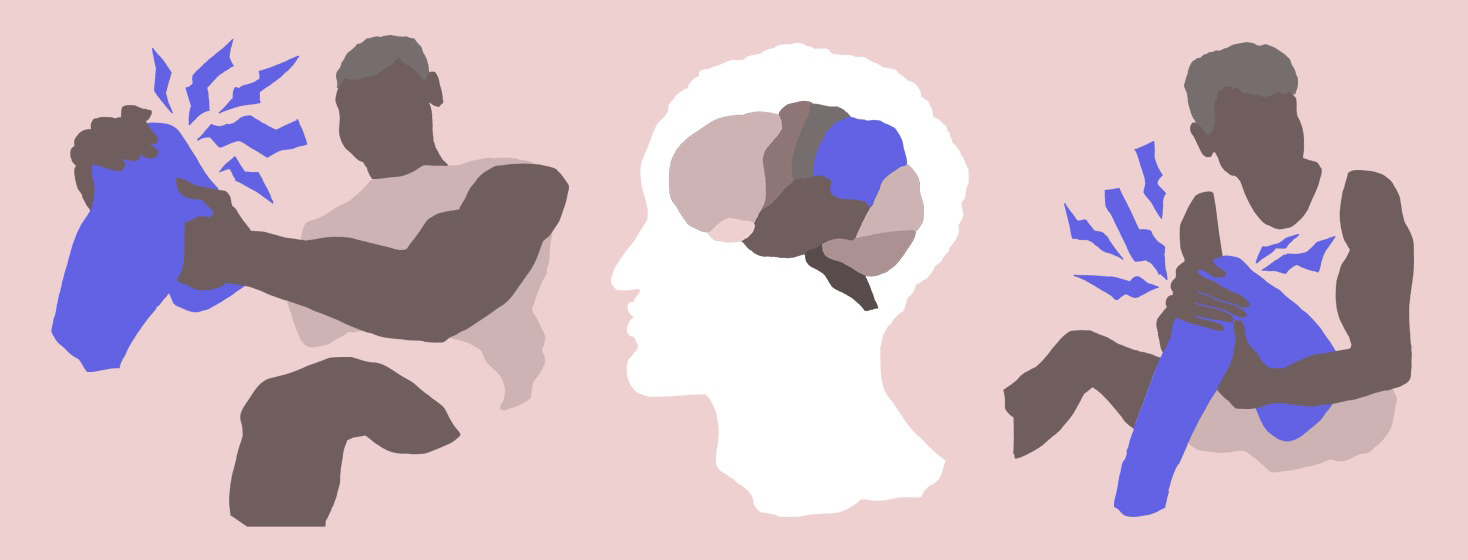Perceptions and Reality: Chronic Pain after Hepatitis C
There is a saying that "perception is reality", and although I am unsure who to attribute the phrase to, there is a great deal of logic, in my view. We see examples of this all over medicine - and in the conditions that people experience as part of their hep C journey.
My experience: Leg pain and hep C
As an example, when I have a pain in my leg, I perceive it to be connected to something that has happened to me, as an injury or a part of a chronic condition I have been diagnosed with, but possibly not. I perceive that it is one thing or another, but in reality, it could be something entirely unrelated and may never occur again.
Does that mean that the pain I felt was not real? No. It was, it was very much real. It hurt a lot. In my perception, as it relates to physical or mental manifestations, it can be hard to parse out any difference between perception and reality. Maybe you have been told "it is all in your head" and how did that sit with you? Not well, I am sure. Most of us will not respond well to those dismissive words, and come away feeling less than happy, not to mention being better informed on why or how.
Being dismissed by doctors
The words “it’s in your head” are heard less now than it once was, but there are versions of the same sentiment. I suspect many of you have experienced some version of the same, at some point in your life. I have, when a doctor suggested that the problem I was having had nothing to do with hep C, and it was not helpful when it was suggested they could do nothing. I took it as being dismissive, and maybe I was wrong but that was certainly my perception, and it was as real as anything to me. Empathy lives in this place and intersects nicely, or not so nicely in how these kinds of experiences occur.
Facts are facts
One person’s perception can very much be their reality, and this takes nothing away from the idea that some things are facts. Facts are generally believed to be the things we can prove with evidence. This applies to everything (or does it?). Are our opinions perceptions alone or are they developed through an understanding of the facts or evidence or opinions of others? We hope that opinions are based on more than just a hunch or something we heard, but being opinions, they may not always be more than that.
If we accept that our perceptions can be real, it is not a great leap to ask that others listen to what we say and accept that whatever the cause, we are acknowledged as having the experience, whatever it is. Too often stigma grows from the mistrust in the ownership we have of our experience, whatever it is.

Join the conversation